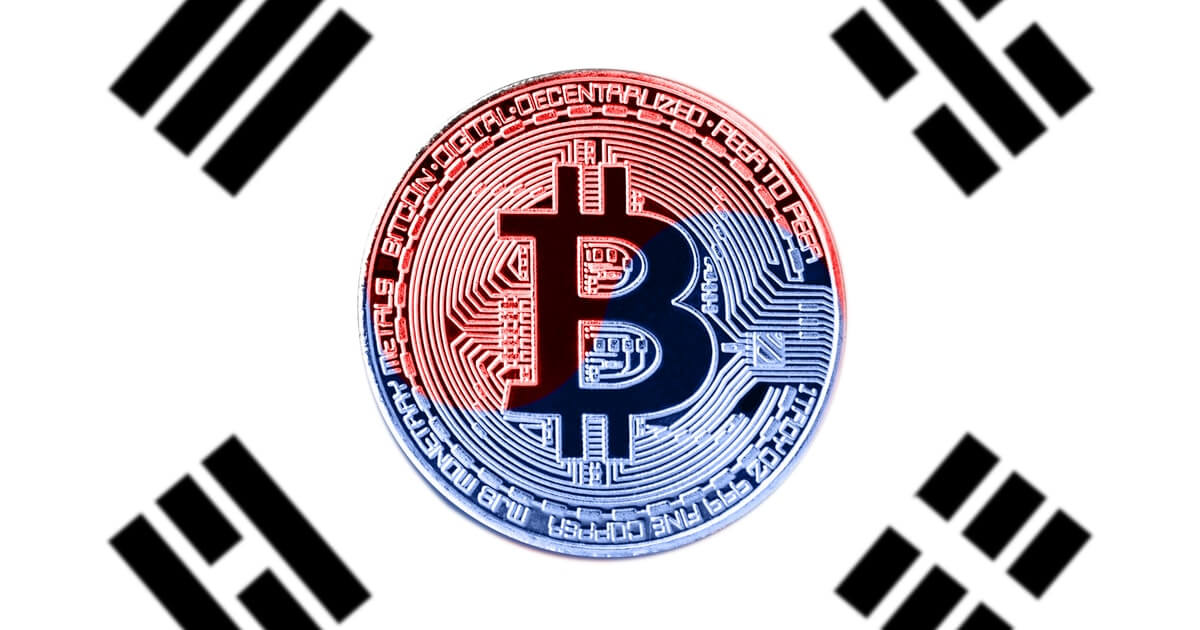The “Kimchi premium” in South Korea has switched back to a discount, which means that it is again possible to acquire cryptocurrencies such as Bitcoin at a lower price on exchanges located in South Korea.
Kimchi, a traditional food from Korea, inspired the naming of this occurrence. The term “Kimchi premium” refers to the phenomenon in which the price of Bitcoin (BTC) trades at a premium on exchanges located in South Korea relative to prices found on other marketplaces.
The data that was provided by the blockchain analytics service CryptoQuant indicates that between February 17 and 19, the Korea Premium index fluctuated within a range of -0.24 and 0.01 points.
CoinMarketCap said that BTC was trading at $24,464 on Coinbase and $24,487 on Binance at the time this article was written.
In contrast, the price was quoted at $24,386 on the Korean market Bithumb, while the price at which Bitcoin was being traded on Upbit, one of the main exchanges in South Korea, was $24,405.
The scenario is the same for the cryptocurrency with the second-largest market capitalization, Ether (ETH).
At the time this article was written, the statistics on CoinMarketCap revealed that ETH was trading for $1,687 on Coinbase and $1,691 on Binance. On Bithumb and Upbit, however, ETH was changing hands for $1,682 and $1,683, respectively.
According to Doo Wan Nam, chief operating officer of node validator and venture capital firm Stablenode, the change from a premium to a discount for kimchi reflects a decrease in interest from retail investors in Korea.
“Generally speaking, it signals a dip in interest in cryptocurrency from the retail sector in Korea,” he added. “This is paradoxically a better time to purchase since you know you can always sell yours to Korean gamblers for 20% premium later when they FOMO.”
Arbitrage refers to the process wherein some traders attempt to make a profit by trading the price disparities that exist between several exchanges.
In the past, the extent of the Kimchi premium has been linked to the news, with large drops in price reported at periods when negative news about South Korean cryptocurrency exchanges broke.
The premium vanished in the beginning of 2018, shortly after the government of South Korea stated its intention to take regulatory action against cryptocurrency trading.
According to research published by the University of Calgary in 2019, the Kimchi Premium emerged for the first time in 2016.
According to the findings of the study, throughout the period beginning in January 2016 and ending in February 2018, Bitcoin exchanges in South Korea charged an average of 4.73% more than their counterparts in the United States.
Credit: Source link































